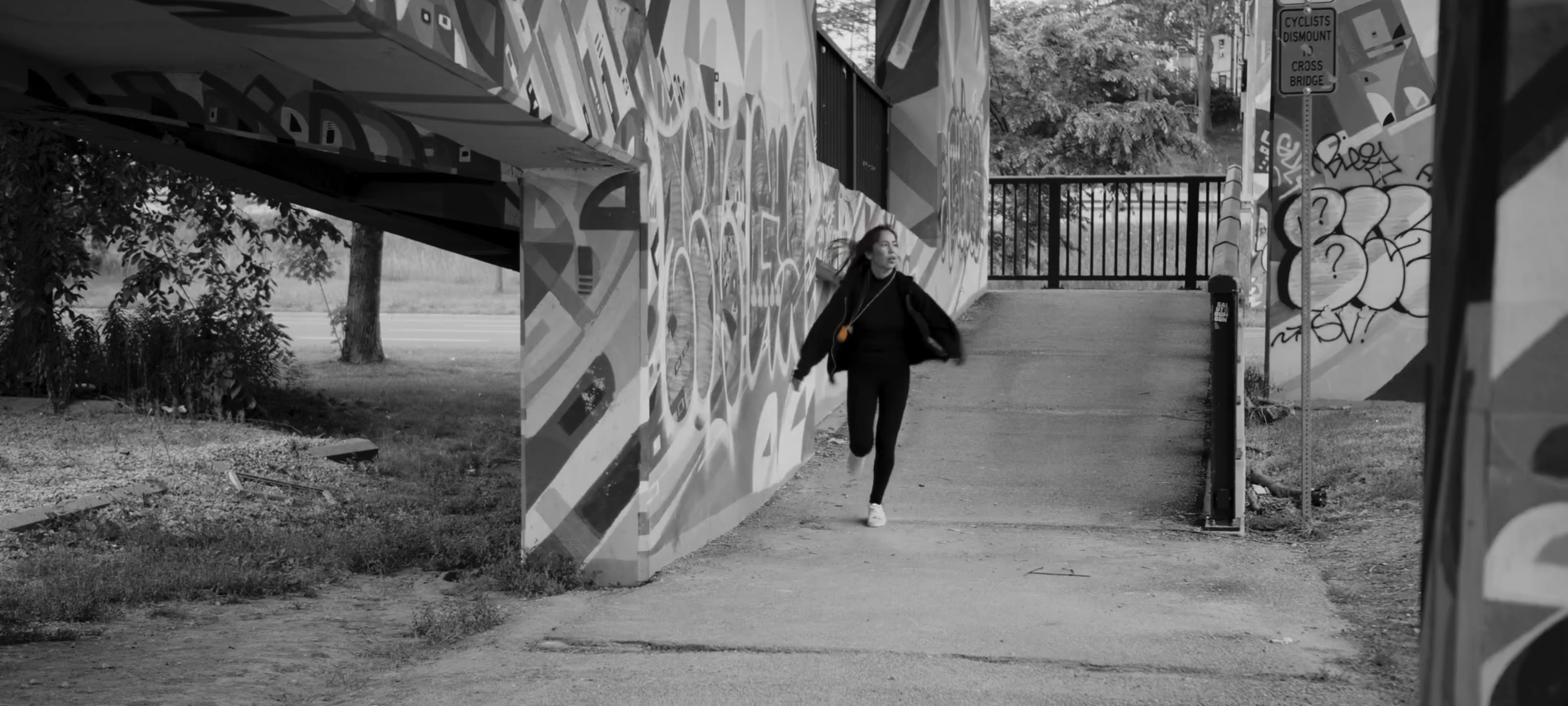Prioritize prevention. Address root causes. Center marginalized groups.
When it comes to how we can end human trafficking, we have said this time and time again. Now, we say it again in our Brief submitted to the House of Commons Standing Committee on the Status of Women to inform its study of Human Trafficking of Women, Girls, and Gender Diverse People.
Although the statement “Anyone can be trafficked” is true, there are communities that have historically been targeted and face higher risks of exploitation including: women/girls, Indigenous women/children, Black women/children, children in foster care, 2SLGBTQ+ youth, migrant women, and others.
If we fail to recognize how human trafficking affects certain communities in Canada differently, we will do more harm than good.
Intersectionality matters.
So when we consider how to prevent human trafficking, we know we must advance equity by addressing the root causes, including:
- Gender Inequality and Patriarchy
- Colonialism, Systemic Racism, Ableism, Homo/Transphobia, and Xenophobia
- Poverty (which is tied to oppression)
- Systemic Inequities and Gaps in Social Services
– Marissa Kokkoros, Executive Director, Aura Freedom
Aura Freedom extends its gratitude to the House of Commons Standing Committee on the Status of Women for the opportunity to submit a brief on its study on Human Trafficking of Women, Girls, and Gender Diverse People.



